WhatsApp is probably the most common instant messaging app out there. It is largely considered the most reliable, easy-to-use and all-around perfect app. Also, it happens to boast some pretty decent security features. Or does it?
Keeping in mind the recent change of hands in Whatsapp’s ownership. The fact that Facebook is already harvesting data from WhatsApp and that it soon plans to implement advertising into it makes one question — is WhatsApp still as secure as it used to be?
While WhatsApp offers features like end-to-end encryption and secures data backups to demonstrate how secure it is, the truth is, if Facebook wants to sell user data, it can do it anyway.
Right now might be the best time to switch. Hence, in this post, we bring you seven WhatsApp alternatives that you can use.
Also read: WhatsApp vs Signal vs Telegram: Which one is the most secure?
Signal

Signal is an encrypted messaging app available for both Android and iOS. It also offers desktop variants for PC, macOS and Linux. It communicates over the internet using a one-to-one service that ensures that data leaving your device is sent safely to the recipient’s device.
Like WhatsApp, it uses phone numbers as unique identifiers and then implements end-to-end encryption technologies to ensure data privacy.
Signal also includes functionalities using which users can independently verify the identity of their messaging correspondents and the integrity of the data channel.
In addition to having all the features of WhatsApp, Signal offers some interesting data privacy features like self-deleting messages. The Android version can also be optionally used as an SMS app.
Developed by Open Whisper Systems, it is an entirely open-source project licenced under the GPLv3 license. This means that grants and donations completely support it; this allows Signal to put user experience first and kick out any creepy advertising and tracking out of the app.
Wickr Me
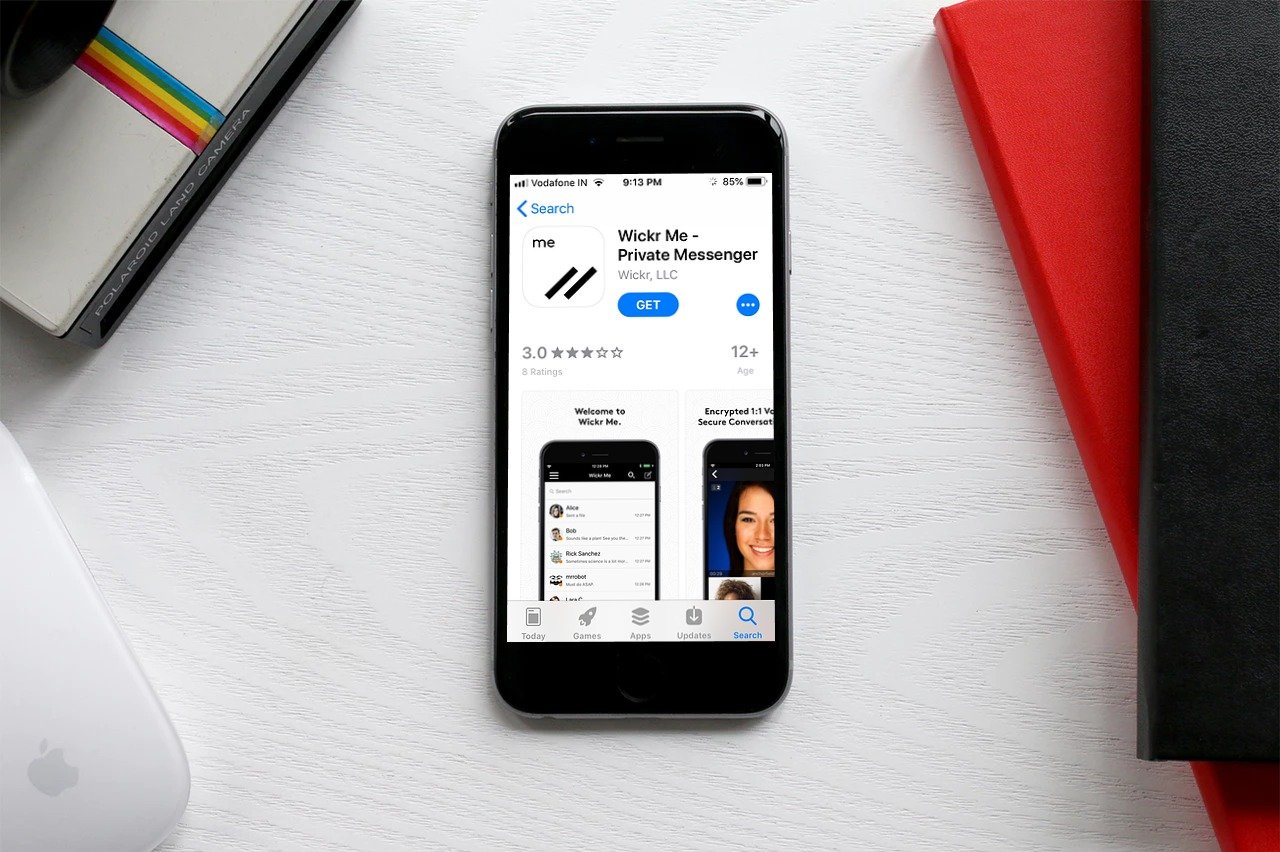
Like Signal, Wickr Me is also an instant messaging app based on the concept of peer-to-peer communication.
Developed by an American company called Wickr LLC, the app allows users to share messages, files and even make video calls over a secure end-to-end encrypted environment. It also features context-expiring messages — a feature that makes this app a hit.
The feature list doesn’t end here. Wickr also has secure screen sharing, file transfers up to 5GB and even screenshot notifications. This makes Wicker a fantastic solution for enterprise applications as well.
The app is available for iOS, Android, Mac, Windows 10, and Linux operating systems.
Update: Encrypted messaging app Wickr Me will shut down in 2023
Telegram
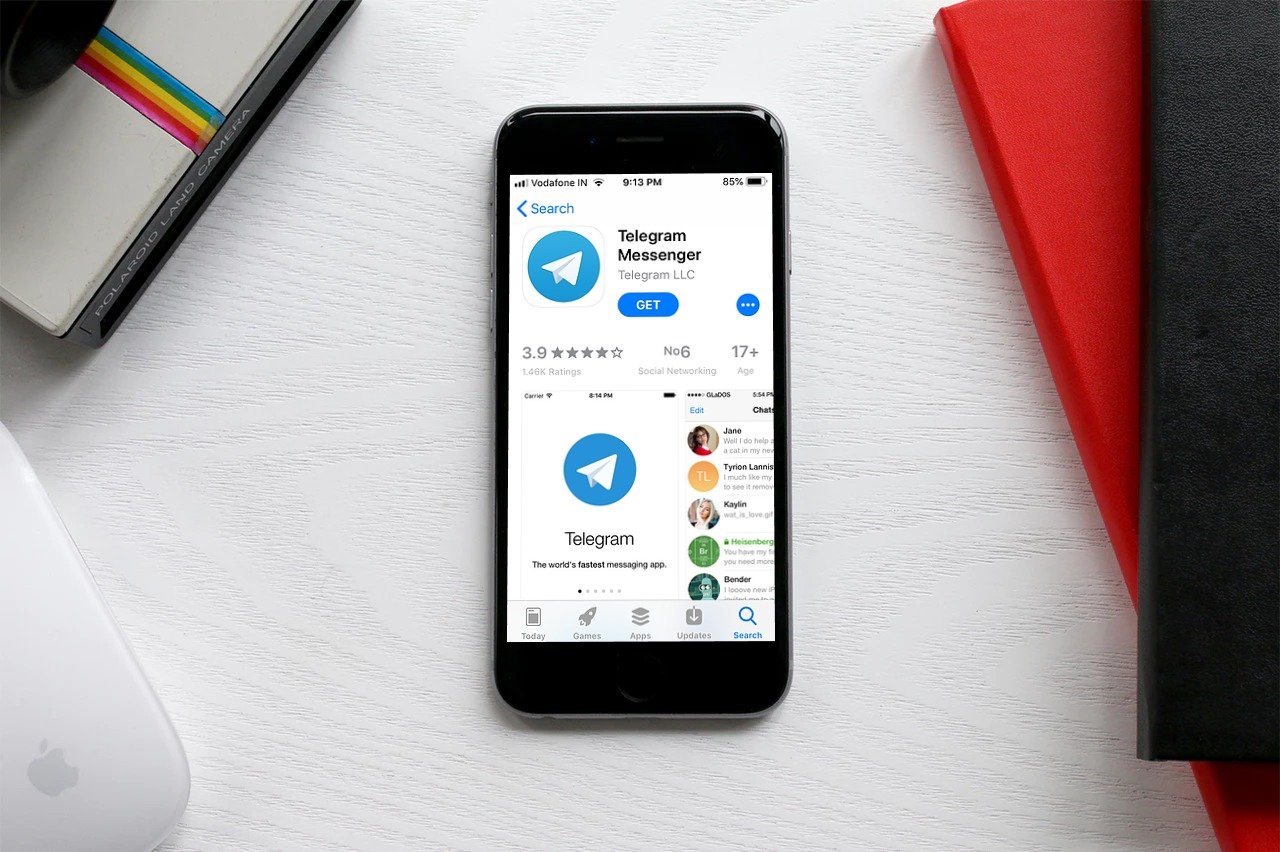
You’ve probably heard of this one. Telegram is a cloud-based instant messaging service supporting voice over Internet Protocol (VoIP).
The main reason why people use Telegram isn’t security, though. Sure, it is more secure than WhatsApp, but the differentiating factor between Telegram and other messaging apps is the sheer scale at which Telegram groups can operate.
Telegram, along with all the features a regular instant messaging app offers, allows for huge groups and broadcast lists. It offers excellent group management tools.
Telegram’s security model has faced criticism from experts for not having end-to-end encryption enabled by default and for encrypting messages at the client end only.
It has also faced censorship and bans in several countries (including the home country of its founder Pavel Durov, Russia) over allegations that the app was used to promote terrorist attacks and other anti-government activities.
Telegram also offers a developer API for independent developers to build their custom tools and bots. The open-source app is available for Android, iOS and a web interface.
Also read: 10 cool Telegram Messenger app tricks and tips
Threema
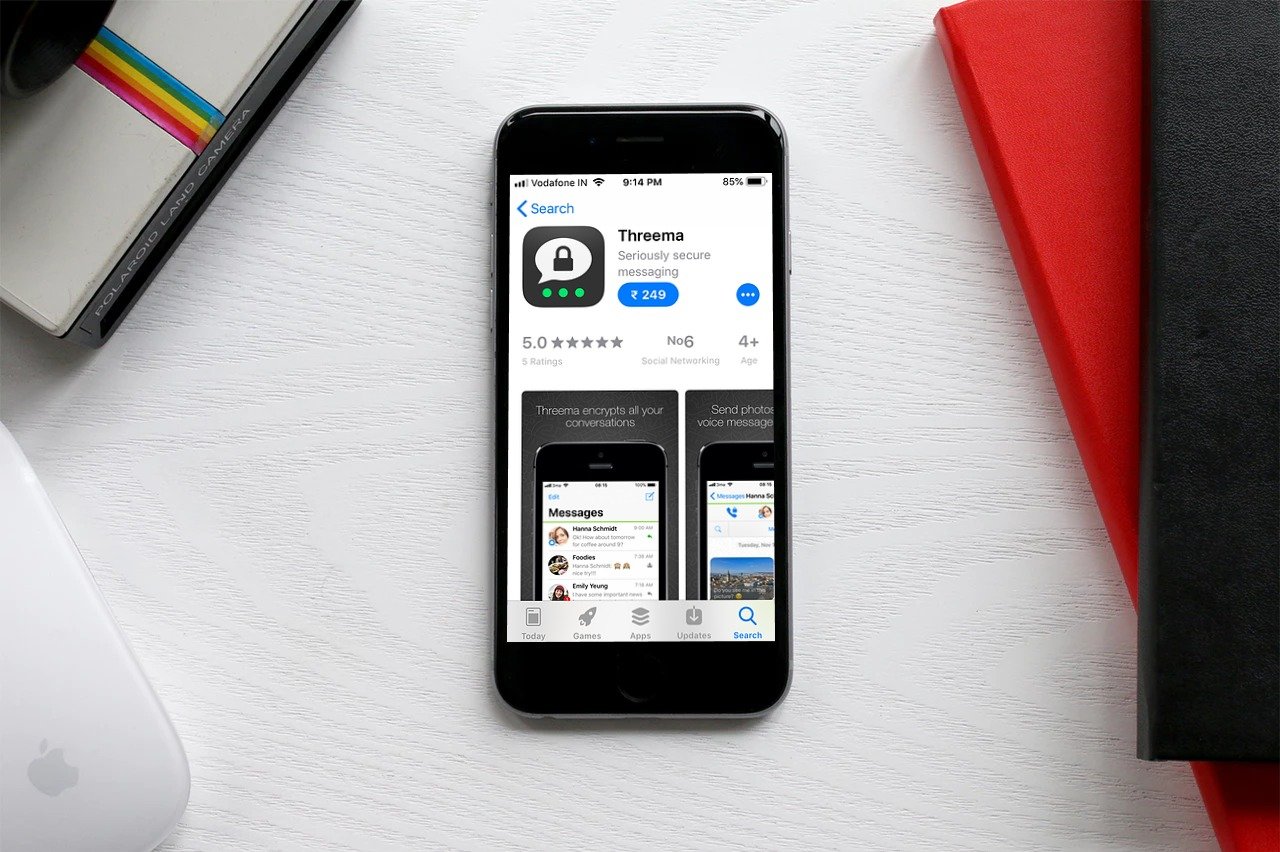
If you’re dead serious about privacy, Threema is the go-to app. In addition to being completely end-to-end encrypted, Threema goes one step ahead and makes using the app anonymously.
The way Threema works is that a random Threema ID is generated every time a user signs up. Threema doesn’t ask for unique identifiers like your phone number or email ID. This makes user logging and tracking extremely difficult, as every ID is generated randomly.

Developed by a Swiss company of the same name, Threema is available on Android, iOS and Windows Phone. It offers peer-to-peer messaging, group chats, VoIP calls and file sharing.
Threema meets the requirements of Switzerland’s strict data-protection laws and fully complies with the new EU General Data Protection Regulation (GDPR).
Threema is a paid app available for INR 249 for iOS and INR 200 for Android. You can alternatively use the Threema Work app for free.
Wire
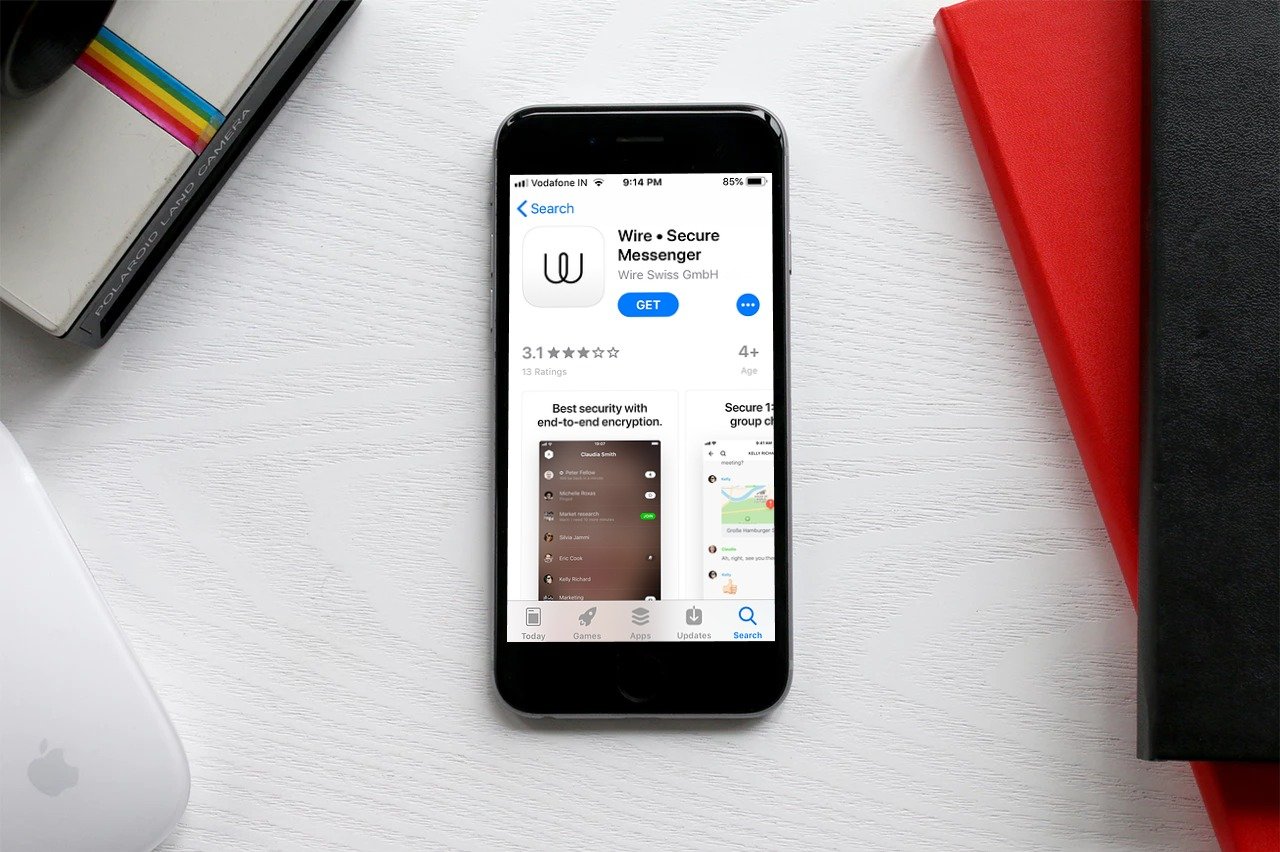
Another Swiss app, Wire, is a cross-platform instant messaging app by Wire Swiss. Wire offers features like direct messaging, group chats, VoIP and Video calls, and file sharing all over a solid end-to-end encrypted network.
The primary difference between Wire and other apps on this list is that while other apps use your phone number as a unique identifier, Wire lets you choose whether you want to use your phone number or email address.
Wire is free for personal use. There is also a pro version which adds more functionality to the app. Corporate organisations use this pro version for in-house communications. The app also features video calling with up to 10 people simultaneously. You also get directional audio on such calls.
The Wire app is available on Android, iOS, PC, Linux and macOS.
KIK Messenger

KIK Messenger is a top-rated and popular instant messaging app among teenagers in the US. KIK takes special care of user anonymity by not asking for a phone number when you sign up.
Available across Android and iOS only, KIK has some pretty interesting features. KIK offers an extremely user-friendly and graphic chat experience besides the standard end-to-end encryption. There are tons of emojis, GIFs and stickers for your animated needs.
KIK offers a very minimalistic user interface to keep things simple. Another unique feature of the KIK app is the use of bots. These bots often provide little information like new headlines, game scores, and so on. You can also write your custom bots using the KIK API and automate stuff inside the KIK app.
Also read: What happens when you block someone on Kik?
Kontalk
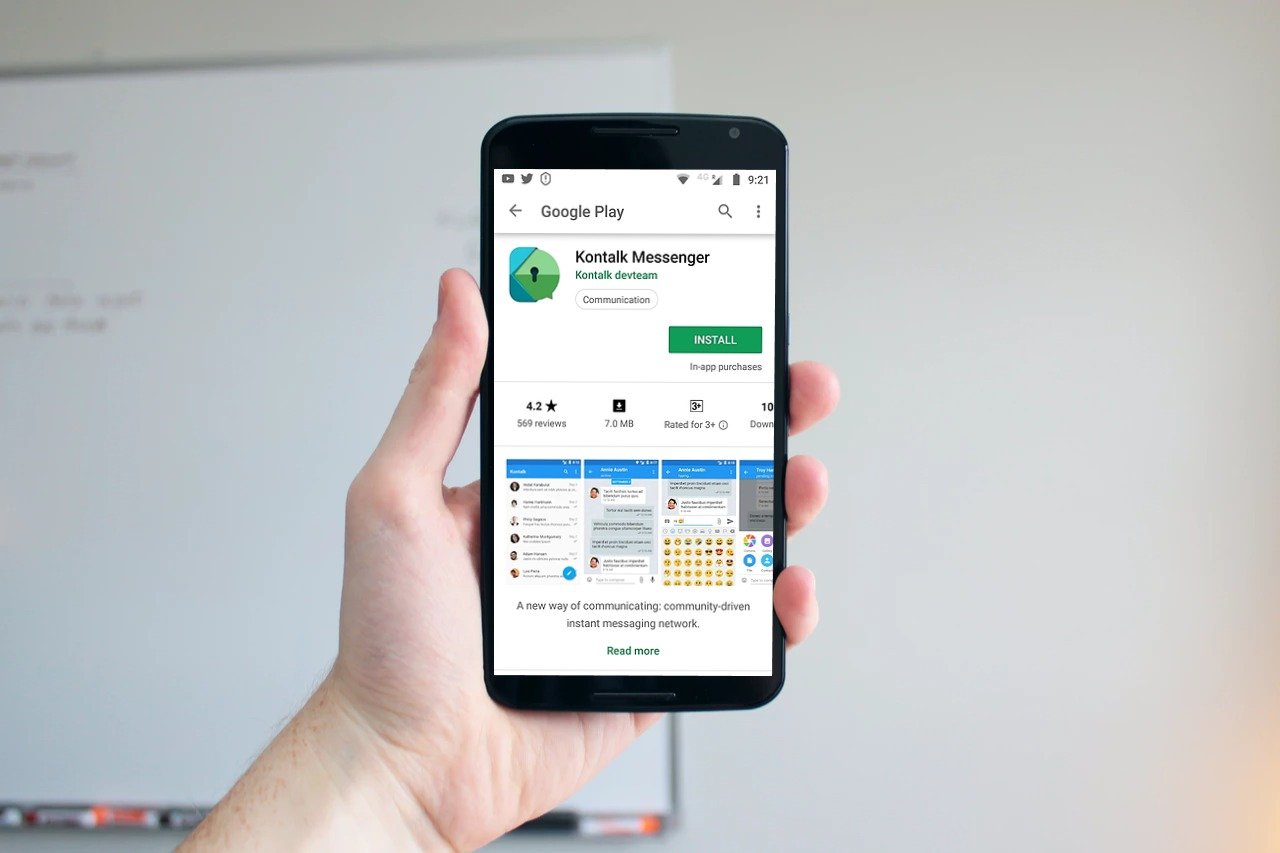
Kontalk is an open-source secure instant messaging app. It is based on the XMPP protocol supplemented by its own extensions.
The user’s phone number is used to create an account and identify them among their contacts. It features client-to-server and server-to-server channels which are fully encrypted. Users are safe with end-to-end encryption — servers can’t decrypt it.
Kontalk is an open-source project hosted on GitHub. A group of volunteers runs it from various grants and donations. This ensures that Kontalk always remains free.
Kontalk offers features like direct messaging, group chats, file/multimedia sharing and location sharing. It is currently only available for Android. A Java standalone desktop edition is also available for download as well.
You might also like: How to verify your Instagram account?







Data security is very important nowadays – check Utopia p2p decentralized ecosystem. I consider this application a full-fledged alternative to whatsapp.